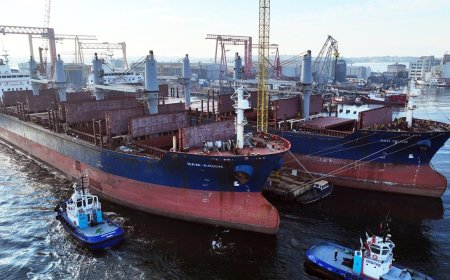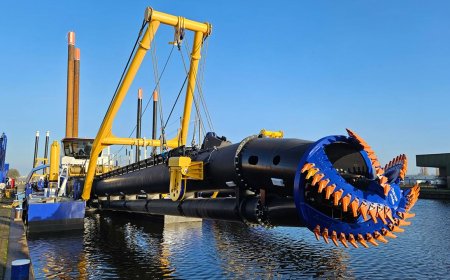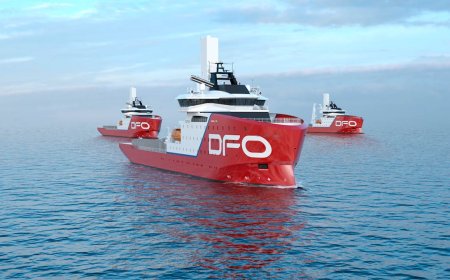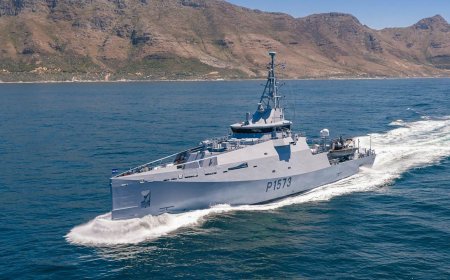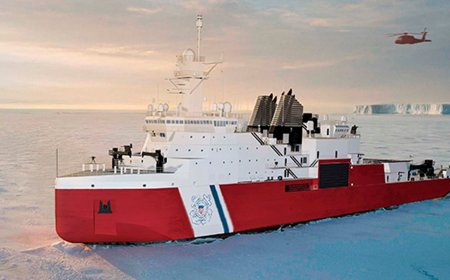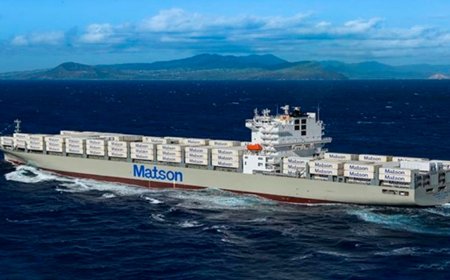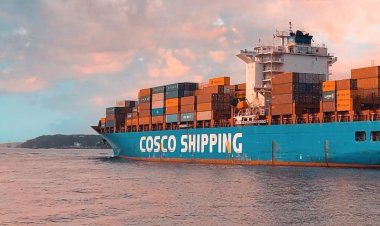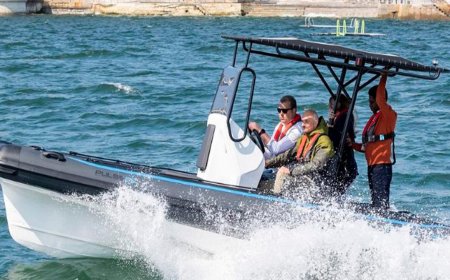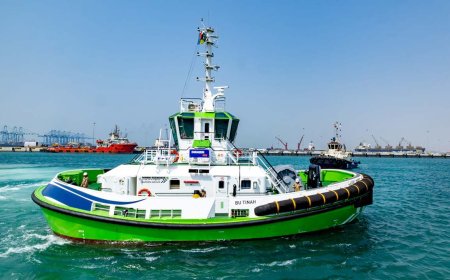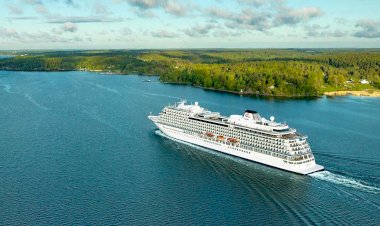Hydrogen powered hovercraft feasibility project gets green light
The focus of the project is investigating the feasibility of replacing diesel engines in today’s hovercraft with a zero-emission hydrogen propulsion system.
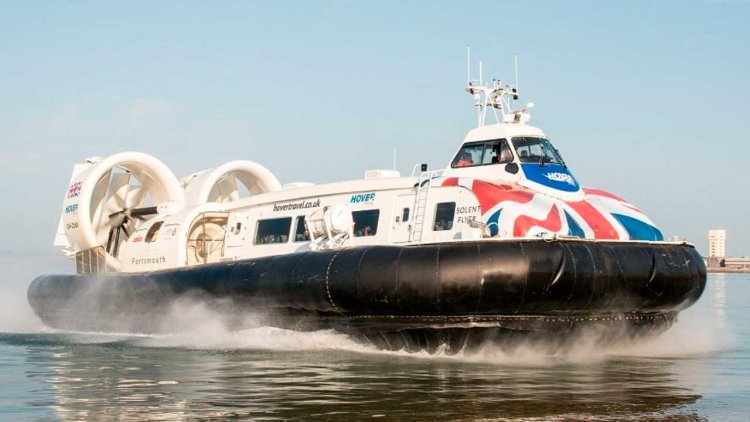
A consortium of UK-based companies led by technology specialist Blue Bear Systems Research has been awarded £569,067 (US$693,578) in funding from the UK government to help lower the maritime sector’s carbon emissions by introducing a new fleet of hydrogen-powered hovercraft that will be used to carry passengers.
Project ZEHPHyr (Zero Emission Hydrogen Powered Hovercraft) is an eight-month feasibility study that aims to de-risk the key barriers to zero-emission hovercraft operations. These barriers include operational barriers (socio-economics, crew training, regulations, life cycle impact), technical barriers (hydrogen-based propulsion system) and availability of hydrogen infrastructure (production, storage, distribution, bunkering, integration with wider infrastructure/mobility).
The focus of the project is investigating the feasibility of replacing diesel engines in today’s hovercraft with a zero-emission hydrogen propulsion system. This will then lead to follow-on phases of development with the hydrogen propulsion system being demonstrated on 12-seat and 80-seat hovercraft. The project partners expect to introduce these vessels into commercial service after 2025.
Other partners in the consortium include hovercraft manufacturer Griffon Hoverwork, Bramble Energy, battery specialist Nyobolt, environmental consultancy Aquatera, and the European Marine Energy Centre (EMEC). Anmol Manohar, Head of Strategy at Blue Bear, said the company’s contribution to the project includes the installation of low-noise propulsion modules originally developed for use on modern aircraft. Matt Storey, Hydrogen Development Manager at EMEC, said that EMEC will support the concept design of the onshore infrastructure including hydrogen production and refuelling.
The ZEHPHyr Project is part of the Clean Maritime Demonstration Competition Round 2 (CMDC2), which was launched in May 2022 and funded by the UK Department for Transport and delivered in partnership with Innovate UK. As part of the CMDC2, the department allocated over £14 million (US$17 million) to 31 projects supported by 121 organisations from across the UK to deliver feasibility studies and collaborative R&D projects in clean maritime solutions.
Source: Baird Maritime
